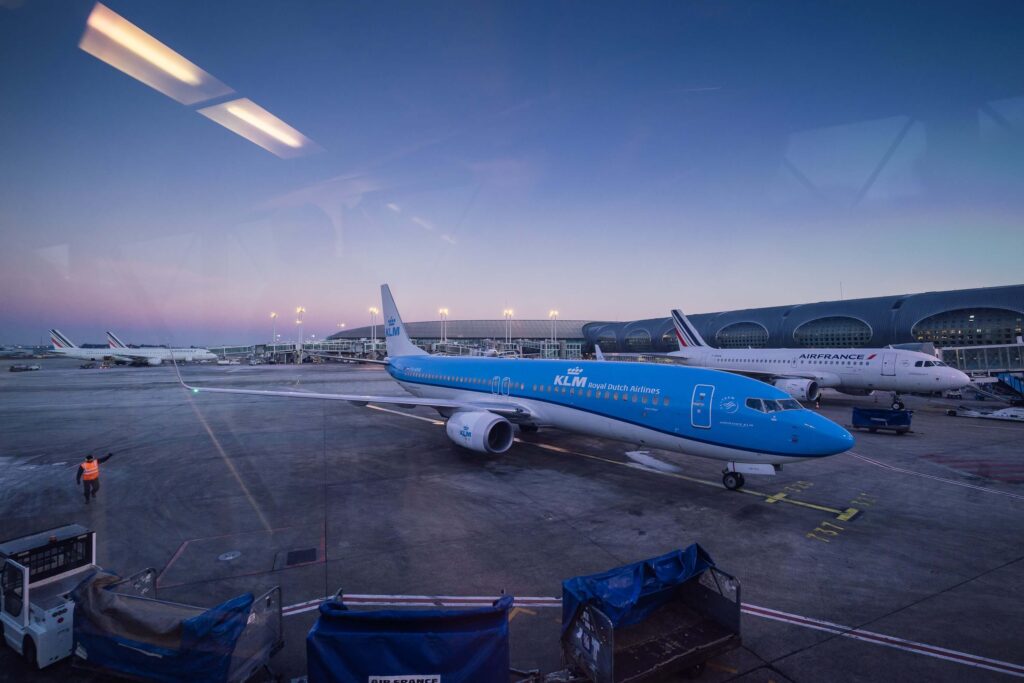On February 18, 2021, Air France-KLM reported its net loss of €7.1 billion ($8.6 billion) in 2020, as a result of continued negative impacts to passenger demand due to COVID-19 crisis.
The year of 2020 “tested the Air France-KLM Group with the most severe crisis ever experienced by the air transport industry,” Air France-KLM Group CEO Benjamin Smith said.
The airline’s financial statement disclosed €4.5 billion ($5.4 billion) annual operating loss and its net debt which widened to €11 billion ($13.3 billion). The airline’s passenger numbers, which were crucial for the airline’s financial performance, slumped by 67%.
However, Air France-KLM were “able to seize cargo opportunities” in order to compensate for decreased passenger demand. The group disclosed that the cargo yield and load factors were up, resulting in a unit revenue increase of 76.8%. The airline benefited from a full freighter fleet of six aircraft and a passenger long-haul fleet turned for the cargo activity: Boeing 777, Boeing 787, and Airbus A350.
In a report, the air carrier warned about a “challenging” first quarter, as it expected to fly only 40% of its pre-COVID-19 capacity in the 1Q2021. However, the airline’s statement also outlined that it “expected recovery in the second and third quarter”, as the COVID-19 vaccines are being widely rolled out.
“There is limited visibility on the demand recovery curve as customer booking behavior is much more short-term oriented and also highly dependent on the imposed travel restrictions, on both the long haul and medium haul network,” was written in the statement.
In 2020, both French and Dutch governments signed relief packages to give approximately €9 billion ($10.9 billion) in bailouts to rescue Air France and KLM airlines, which were fighting for survival, as COVID-19 pandemic grounded most of their aircraft.
